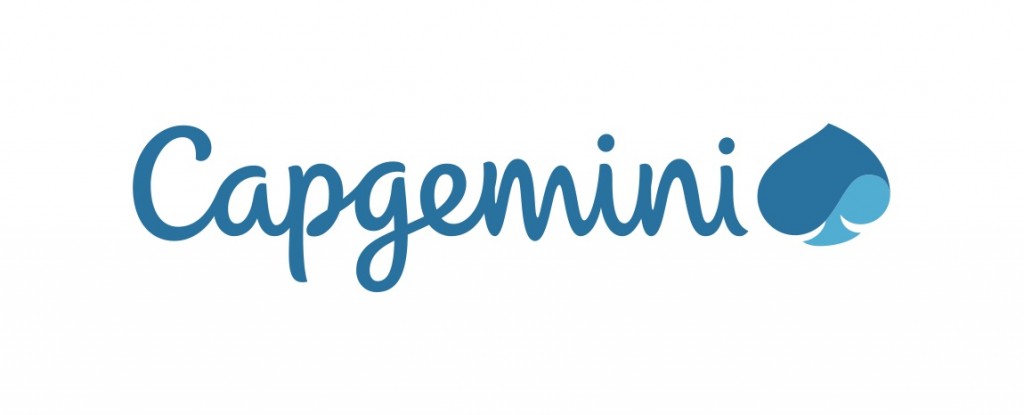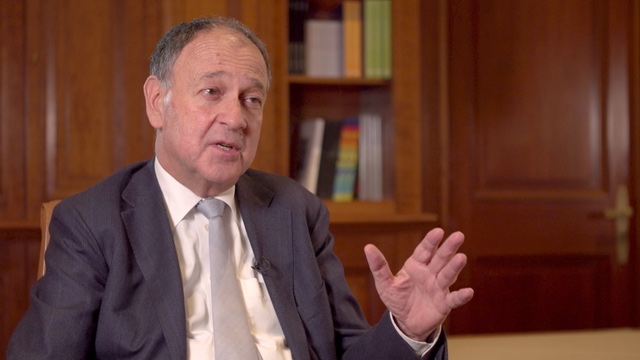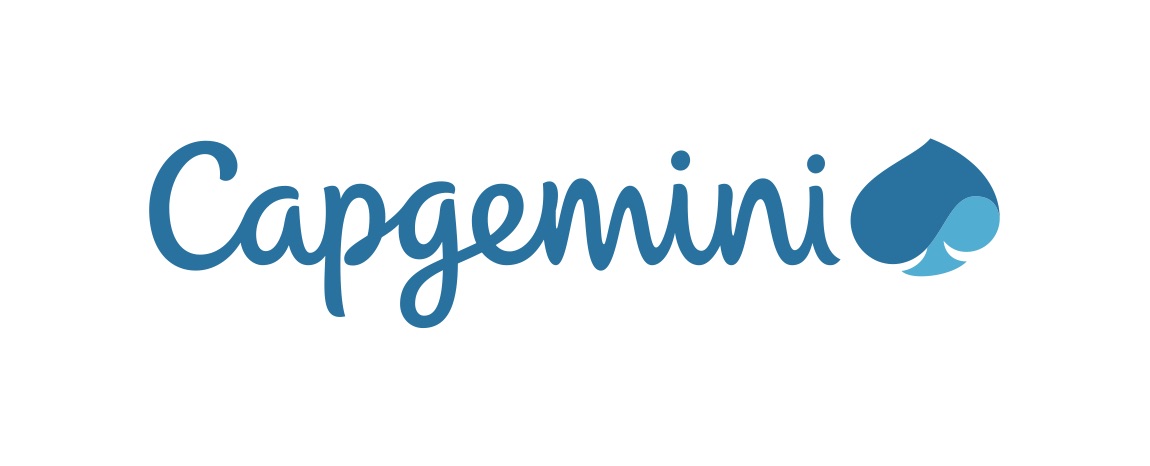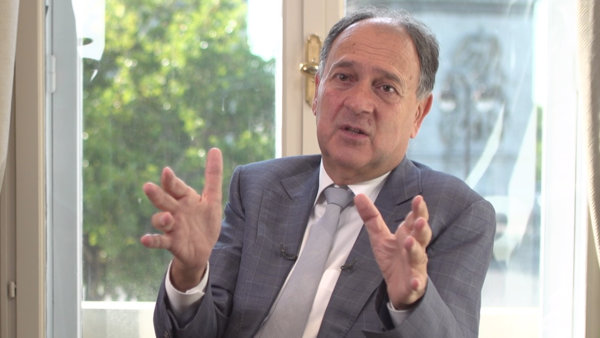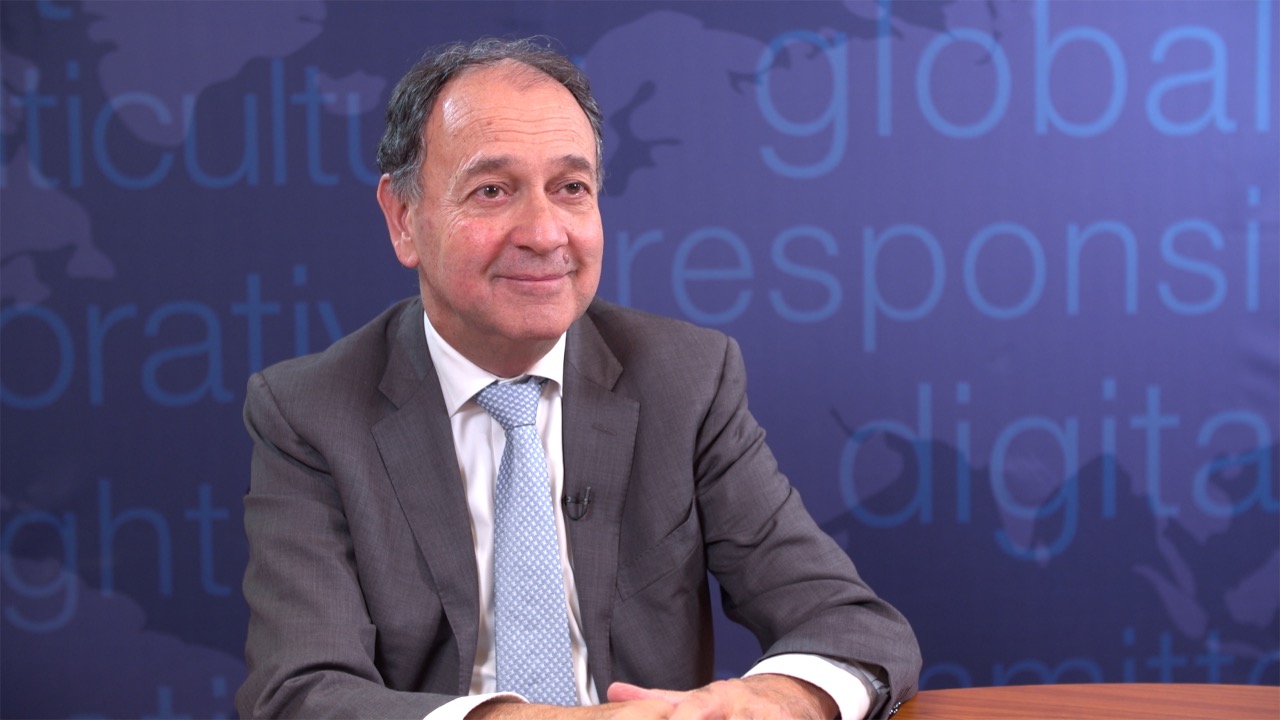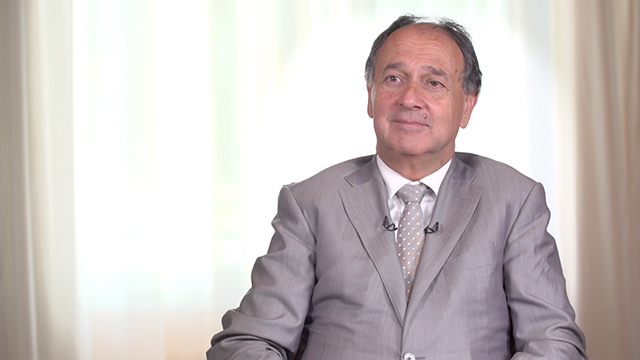EuroBusinessMedia (EBM): Capgemini, a global leader in Consulting, Technology and Outsourcing Services, reports its results for the first half of 2011. Paul Hermelin welcome. You are the CEO of Capgemini, what are your comments on the Group's performance in the first-half?
Paul Hermelin (PH): I think it is a rather successful and balanced performance. We said we should grow and gain market share, and so we did. I’m pleased with that. Double digit growth. It includes some acquisitions as announced before, but from an organic standpoint we accelerated our growth. We moved our growth from 6.4% to more than 8% in the second quarter. So we ended the half-year, the semester, on a pretty high tone and I think that’s good. We fought to improve the margin. It’s a modest increase, but we had also to compensate for a little dilution from our Brazilian acquisition, so we are on track to deliver our margin guidance. A 30 basis point margin improvement - this is probably not enough - but we are on track. So I think it’s a balanced performance, profitable growth, and I’d like to point out a few key features of that semester. I think we did well with our new offerings, we developed some new advanced offerings and they are truly successful on the market. BPO is gaining further traction, strong growth, more than 20%. We have a splendid performance in North America, the only European group that has a significant exposure to the US and North America. We are growing well. We have more than doubled our profit there, so it’s a pretty striking success and I can think of a few more. So overall, of course, we have a few lows: the Dutch economy is still where it is and I think we - and our competitors - are not in good shape in Holland, but that, I think, is a market phenomenon. So I’m overall pretty pleased with the semester.
EBM: How sustainable is your top line growth in the current economic environment in Europe and North America?
PH: First point is: internally, people not only they read the press but show some optimism, but less than in the first half. So we still plan to grow organically, but probably less than we did in the first six months. So why’s that? First, the financial sector is less buoyant. Frankly after the crisis they resumed investing and now they think to come more on a kind of cruising pace, more steady, possibly, but we will grow in the financial sector, but less booming than it was in the last three quarters. North America, everybody is a little bit prudent. We had a good start. I think we will grow, but probably less so. And then regarding Europe, there are various situations, I’m not that fearful for Europe. The last point would be Brazil. In Brazil we will put our focus on margins, so probably we will grow less. So you should expect us, this is why we lift just a little bit our full-year guidance - if I precise our full-year guidance - we said we’re going to grow 9% to 10% published, including acquisition and currency impact. In spite of the stronger H1, we maintain that full-year guidance, because the currency should play against us in the second half. Then within that, we grow, we lift a little bit our organic growth guidance from 4-5% to above 5%, so you see, a little prudent because we are cautious with the second half. Regarding the margin, we maintain the guidance.
EBM: After making 7 targeted acquisitions in the first-half of this year, should we expect you to continue at the same pace of M&A activity in the second-half?
PH: First remark is: frankly, we should not be confused between very small ones and sizeable ones. So just say they happen to be 7, but there were a few, I think, four units of 100 people, so this is not a big expense and it’s not a big distraction. First, we will focus on the integration of these seven groups of people, with their culture, to transition them into the group. The board just confirmed the overall strategy, where the group, through some acquisitions, has to lift its course and its dynamism to address the global market challenge, but most probably at this point of time our pipeline is a little empty, so you should not expect acquisitions in the very next months. You should expect, nevertheless, further acquisitions in the next eighteen months.
EBM: Where do you stand today in your recruitment plans, in particular your plan to rejuvenate the onshore employee demographics?
PH: I think, from that standpoint, there are several key points. The fist point is that attrition remains high: 16%, 17% - this is high – so we have to replace the talent that leaves and we have to organise how to better retain them. The second point is that we are quite attractive. No problem at all to recruit the people that we want. The last point is to put the focus on what we call the “freshers”, so the young graduates. We could recruit 37% of freshers in the first half, we would like to go further. I think it’s good for our economics, for the mood, for the energy in the company. That means refraining from replacing a specialist by another specialist, but promoting people and recruiting young people. That’s what we’re going to do.
EBM: Paul Hermelin, CEO of Capgemini, thank you very much.
PH: Thank you Adrian

